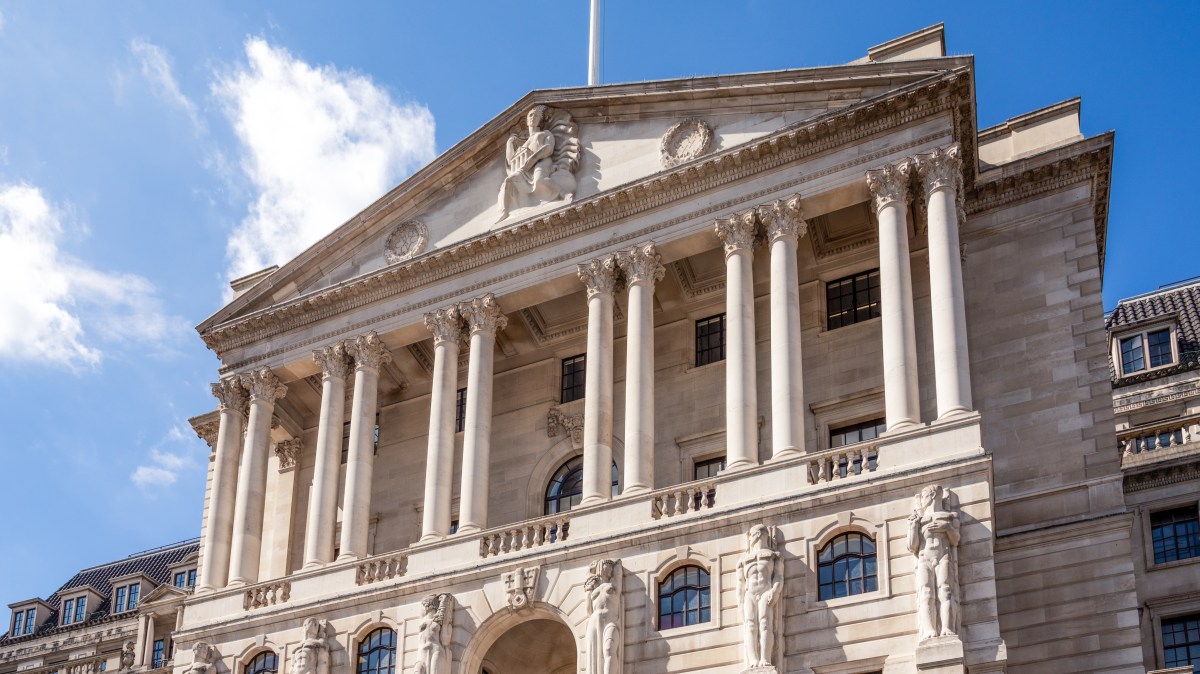The Bank of England is unlikely to cut interest rates again this year, according to a host of City economists who have pushed back projections for lower borrowing costs after Rachel Reeves announced a late November budget.
Analysts at HSBC and Pantheon Macroeconomics said the Monetary Policy Committee would keep rates on hold at its next four meetings this year at 4 per cent, while economists at Deutsche Bank revised their forecasts to one rate cut in December rather than November, as the Bank tries to assess the impact of the budget on the economy and labour market.
• What’s more important — the budget or the Bank of England?
The central bank has cut interest rates five times since August last year, marking a slower pace than the seven or eight reductions expected before the rate-cutting cycle started last summer. The MPC’s nine members have also been divided, splitting into three camps on how best to manage monetary policy.
Lenders including Barclays, Nationwide and Virgin Money have raised rates on multiple mortgage products this week, according to data website Moneyfacts.
Chris Hare, a senior economist at HSBC, expects the Bank to make its next quarter-point rate cut in April 2026, as policymakers contend with “stickier inflation and stubbornly high inflation expectations, which are both more acute than in other western economies”.
“The MPC may have more upside surprises over the coming months, relative to its August forecast, strengthening the case to stay on hold,” Hare said.
The rate outlook will also be influenced by the budget, which will be held on November 26. The budget will fall after the MPC’s meeting on November 6, and three weeks ahead of its final decision of the year on December 18.
The Bank’s policymakers — including the governor, Andrew Bailey — have split into three groups
EPA
Sanjay Raja, a senior economist at Deutsche Bank, said the Bank would not cut the base rate until December as policymakers “wait for the details”, with the chancellor expected to have to fill a hole in the public finances of £40 billion. The Treasury is looking at an array of options to raise the money, including stealth taxes, a mansion tax and a raid on pensioners.
“Some on the MPC may opt to wait for more clarity around the fiscal outlook before deciding on whether to cut Bank rate further. Waiting for the details of the budget would also allow the MPC to more carefully judge where inflation in 2026 could land given announcements on index-linked, administrative and dutiable items,” Raja said.
“There is now an information advantage to wait with the hotly anticipated budget skewing the balance of risks to a later rate cut.”
Economists have warned of the steady rise in the UK’s inflation expectations, which measure what households and businesses think inflation will be running at over the next five years. Survey measures of long-run consumer inflation expectations have been rising in recent months, but fell back to 3.9 per cent from 4.2 per cent, according to a poll from Citi, the investment bank, and YouGov, a pollster.
• Bank governor warns of inflation risk from politicising interest rates
Market measures of inflation expectations have been steady and falling, but Rob Wood, an economist at Pantheon, said the recent rise in 30-year bond yields in the UK was partly driven by traders fearing the UK has a persistent inflation problem.
“We think policymakers are over-egging the pudding when they say — as Andrew Bailey did at the recent Treasury Select Committee meeting — that market inflation expectations are well anchored to the target,” Wood said. He does not expect the Bank to cut interest rates again until 2026.

